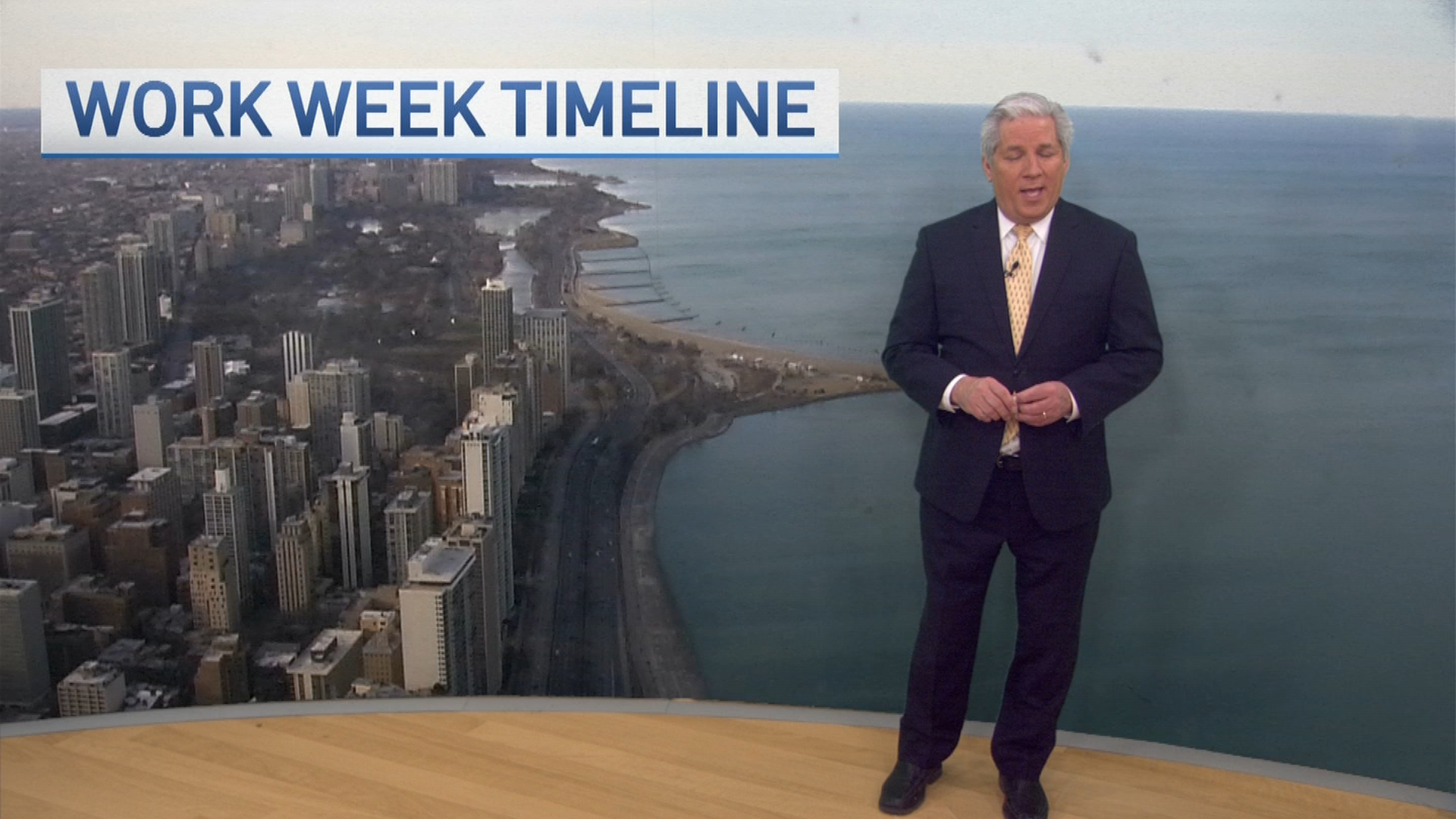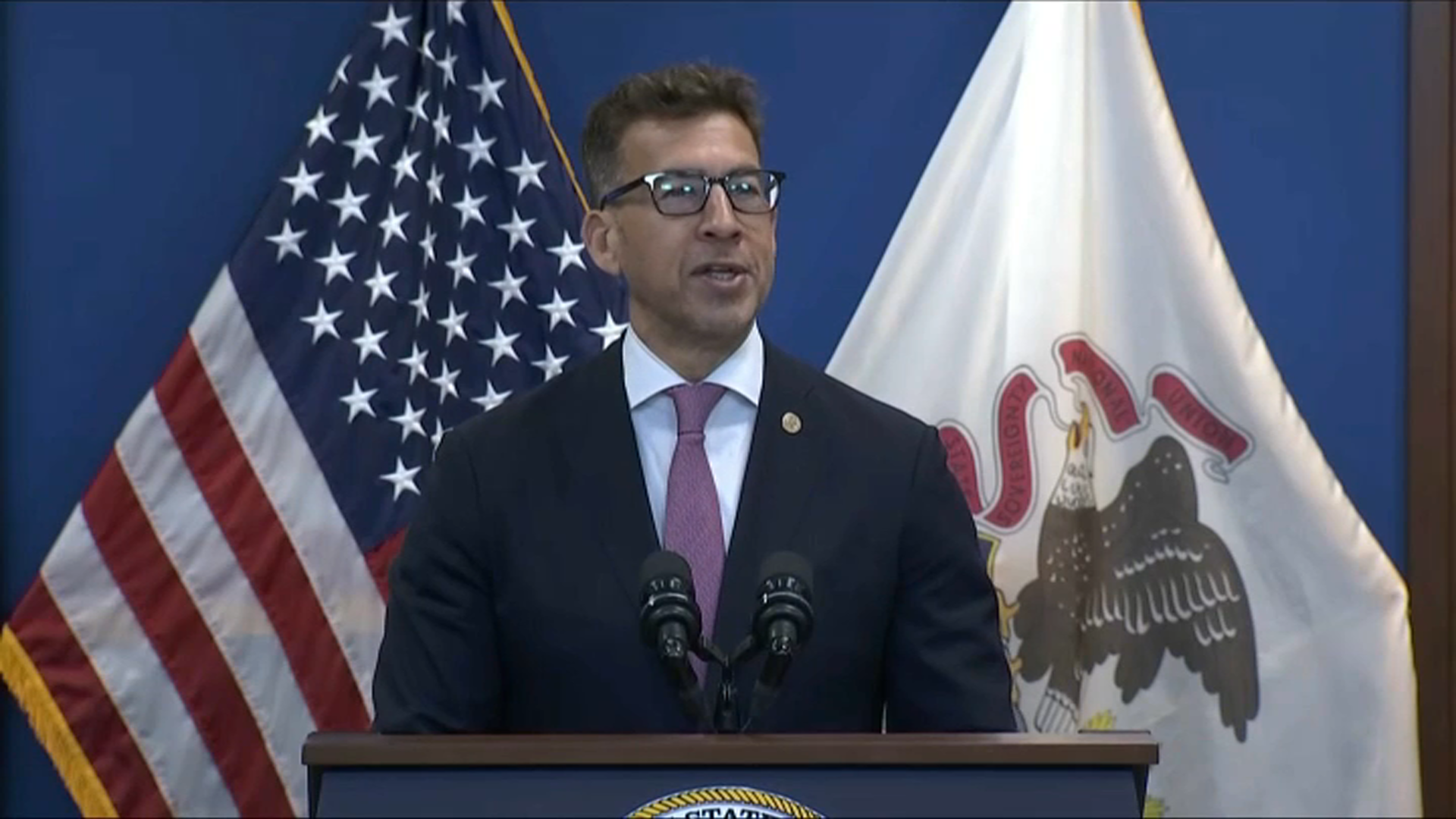
As Illinois voters head to the polls for the November election, they'll be asked to vote on a potential amendment to the state's constitution known as the "Workers' Rights Amendment." But what exactly is it and what would it change?
The amendment will ask voters whether they wish to establish a constitutional right for employees to organize and bargain collectively, specifically to negotiate “wages, hours and working conditions and to protect their economic welfare and safety at work.”
The amendment follows the defeat of the Graduated Income Tax amendment in the 2020 election.
Here’s What the Workers' Rights Amendment Says
The synopsis of the bill, as crafted by the General Assembly, reads:
"(The bill) Proposes to amend the Bill of Rights Article of the Illinois Constitution. Provides that employees shall have the fundamental right to organize and to bargain collectively through representatives of their own choosing for the purpose of negotiating wages, hours, and working conditions, and to protect their economic welfare and safety at work. Provides that no law shall be passed that interferes with, negates, or diminishes the right of employees to organize and bargain collectively over their wages, hours, and other terms and conditions of employment and work place safety, including any law or ordinance that prohibits the execution or application of agreements between employers and labor organizations that represent employees requiring membership in an organization as a condition of employment. Provides that these provisions are controlling over home rule powers.”
The amendment would specifically amend Article 1 of the state’s constitution, referred to in the synposis as the state's "Bill of Rights." That article essentially mirrors the Bill of Rights in the U.S. Constitution, while also providing protections in other areas as well, including prohibiting discrimination based on sex and discrimination based on physical or mental handicaps.
Local
The amendment would also amend Article 7, which sets guidelines for powers given to local governments under “home rule” provisions in the constitution.
How Will Voters Know Whether the Amendment Passed or Failed?
Feeling out of the loop? We'll catch you up on the Chicago news you need to know. Sign up for the weekly Chicago Catch-Up newsletter.
The measure would need 60% approval in order to pass and to amend the state’s constitution.
Who Supports the Measure?
Labor groups representing both public and private workers have largely supported the measure, including the Chicago Teachers’ Union, the Illinois chapter of the AFL-CIO and the SEIU.
Illinois Democrats, including Gov. J.B. Pritzker, have also expressed support for the amendment.
“Worker safety and economic security is a fundamental right of all workers from domestic workers to PHDs,” said Illinois AFL-CIO President Tim Drea in a statement. “Everybody deserves a safe workplace and economic security.”
Who Opposes the Measure?
Business groups, including the Chamber of Commerce and the Illinois Manufacturer’s Association, have voiced opposition to the measure, as has the Illinois Republican Party as a whole, though some GOP lawmakers have expressed support for the amendment.
The Chamber of Commerce’s President and CEO Todd Maisch argues that the measure would invest more political power into union leadership, and wouldn’t allow for the gains in income and job security that the amendment’s proponents have promised for workers.
The Illinois Policy Institute also argues that by giving more power to public unions, state residents would be impacted with higher property tax bills because of the extra advantages the amendment could potentially convey to unions in collective bargaining discussions.
Research conducted by the IPI argues that property tax bills could increase by a collective $2,100 over the next four years, though property tax rates have steadily increased in recent years, according to US Census Bureau data.



